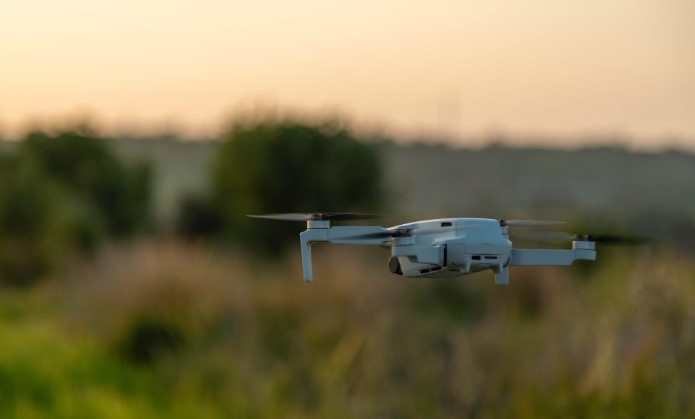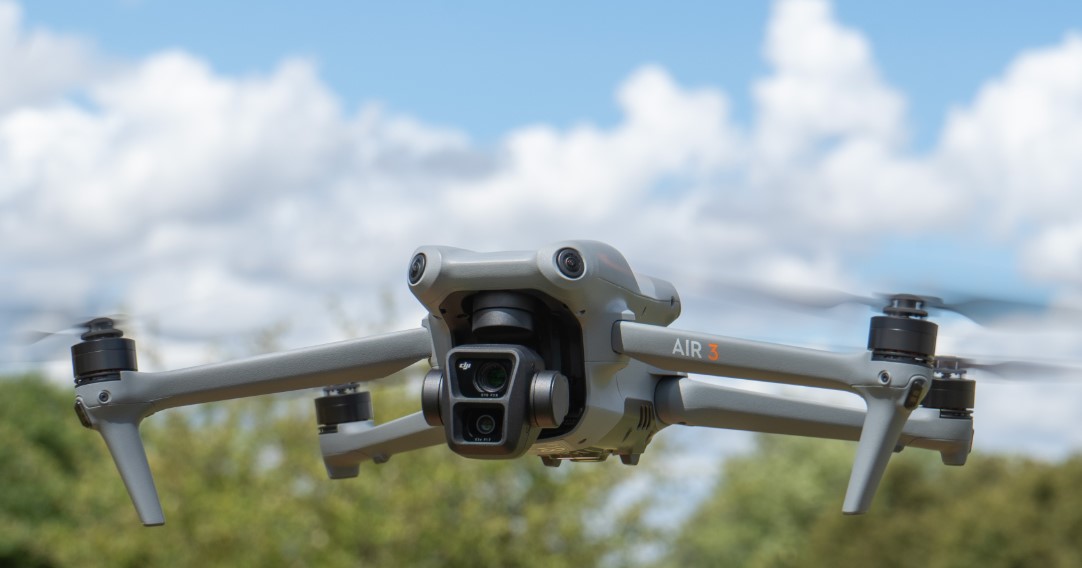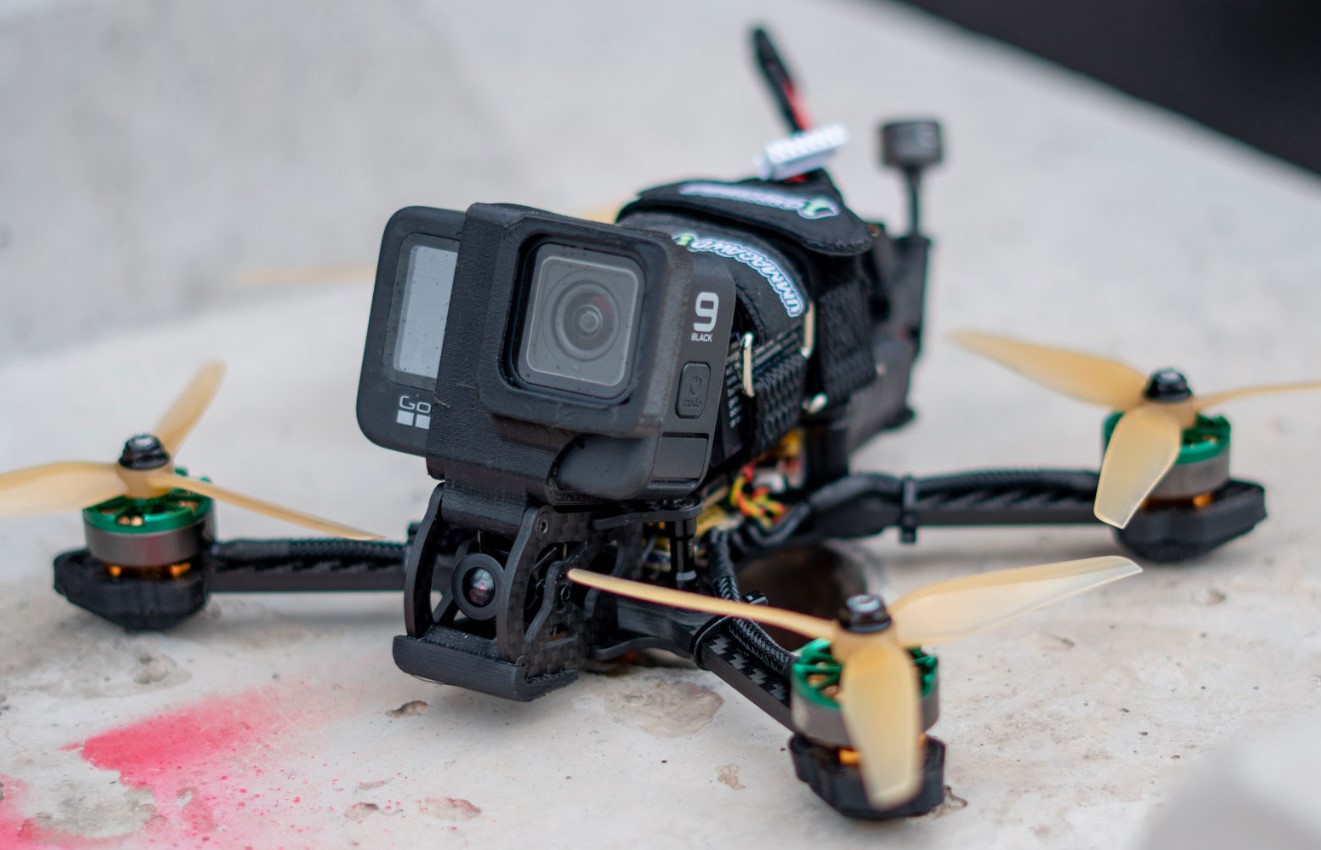Drones have transformed the way we capture imagery, conduct surveillance, and even deliver packages. Their accessibility and affordability have made them popular among hobbyists and professionals alike. However, the increasing prevalence of drones has sparked debates over their legal and ethical use, particularly concerning flying over private property. The question “Can you fly drones over private property?” is both complex and nuanced, involving considerations of privacy laws, airspace regulations, and ethical practices.
This comprehensive essay explores the legal framework, privacy concerns, ethical considerations, and practical tips for responsible drone use, providing a reliable guide for drone enthusiasts. Follow Dronevoz.com !!!
Understanding Airspace Laws and Property Rights
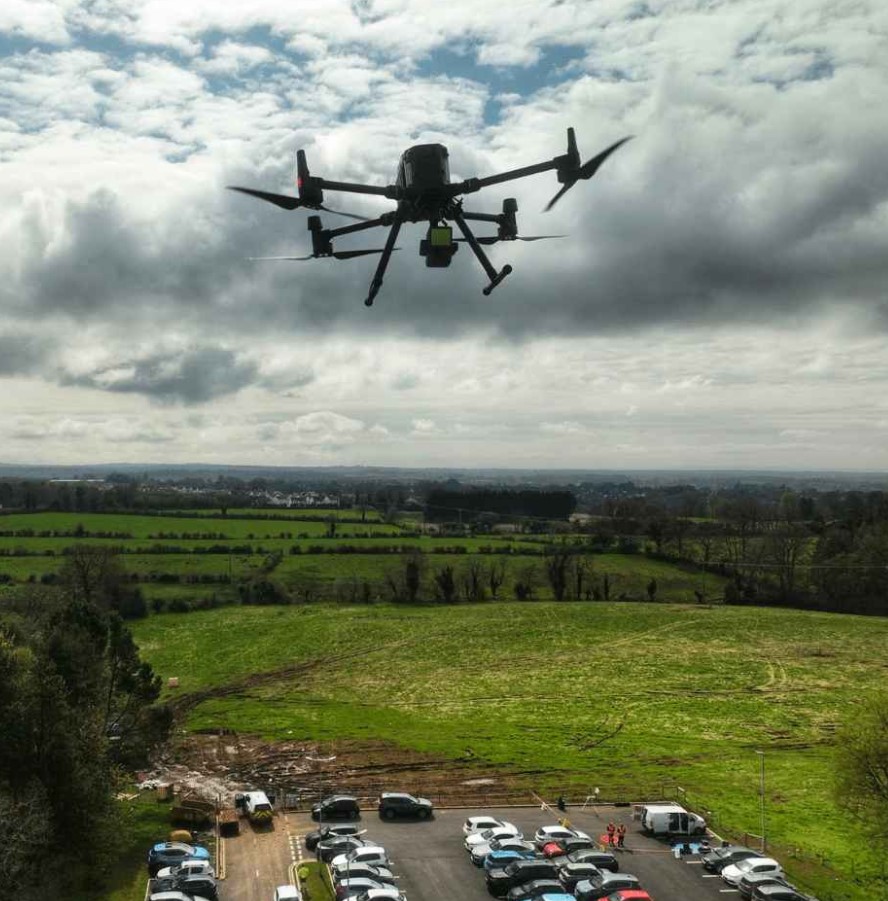
What Does the Law Say About Airspace?
The first step in answering whether you can fly drones over private property lies in understanding airspace laws. Airspace in most countries, including the United States, is regulated by government agencies such as the Federal Aviation Administration (FAA). The FAA classifies airspace into controlled and uncontrolled zones, determining who has authority over them.
In the U.S., for example, airspace above 400 feet is strictly regulated by the FAA. However, the airspace below 400 feet, often referred to as “navigable airspace,” is where drones commonly operate. While the FAA governs this space, private property owners do not have absolute rights over the air above their land. Instead, their rights extend to the “immediate reaches” above the surface, where structures and reasonable enjoyment of their property could be impacted.
The Intersection of Drone Laws and Property Rights
Though property owners may not have exclusive rights to the airspace, they are entitled to privacy and protection from nuisances, such as excessive noise or disturbances caused by drones. This balance between airspace regulations and property rights often leads to disputes and ambiguities.
In many countries, drone operators must comply with local laws that vary significantly. For instance:
- United States: The FAA requires drones to be flown under 400 feet and within the operator’s line of sight, but state laws may further restrict drone operations over private property.
- United Kingdom: Drone operators must not fly closer than 50 meters (approximately 165 feet) to people, vehicles, or buildings unless they have permission.
- Australia: The Civil Aviation Safety Authority (CASA) prohibits flying over populous areas or within 30 meters (98 feet) of people without consent.
Thus, even if federal laws allow certain flights, local laws and ordinances may further restrict drone operations over private property.
>>> Read More: Can Police Use Drones Without A Warrant?
Privacy Concerns and Ethical Implications
Privacy Rights of Property Owners
One of the most contentious aspects of flying drones over private property is privacy. Homeowners value their privacy, and the use of drones equipped with high-resolution cameras raises concerns about surveillance or unauthorized photography.
Privacy laws, however, differ from one jurisdiction to another:
- In the U.S., capturing images of individuals or properties without consent may lead to legal claims of invasion of privacy or trespassing, depending on the context.
- In Europe, the General Data Protection Regulation (GDPR) applies to drone footage if it captures identifiable individuals.
Ethical Considerations
Beyond legalities, ethical considerations play a significant role in determining whether it is appropriate to fly drones over private property. Ethical drone use entails respecting people’s boundaries, avoiding activities that might be perceived as intrusive, and prioritizing safety.
For instance, flying a drone to inspect a scenic property without permission may be legal under airspace laws but could violate ethical standards if it intrudes upon someone’s personal space. Operators should ask themselves:
- Is the flight necessary or justified?
- Could this activity make someone uncomfortable or cause harm?
By adhering to ethical principles, drone users can minimize conflicts and build trust with communities.
Legal Ramifications of Flying Over Private Property
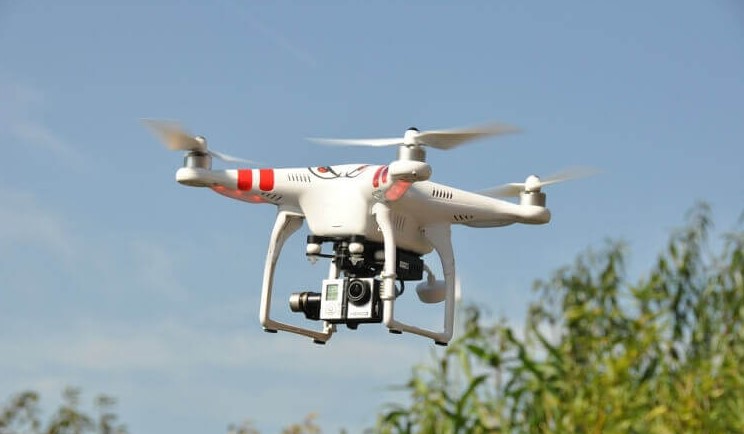
- Trespassing Laws
Trespassing laws are designed to protect private property owners from unwanted interference. While most trespassing laws apply to land, some jurisdictions extend these protections to the airspace immediately above the property. If a drone flies at a low altitude that disrupts the owner’s reasonable enjoyment of their property, it could constitute trespass.
- Nuisance Claims
Nuisance claims often arise when a drone causes persistent disturbances, such as loud buzzing noises or repeated surveillance. Such actions may interfere with the property owner’s comfort, peace, or safety, leading to potential lawsuits.
- Recording Without Consent
Filming individuals without their consent is another legal risk. Using drones to capture images or videos of private property can lead to legal claims under privacy or anti-voyeurism laws. For example, recording through windows or over fences without permission may lead to serious consequences.
>>> Click How to Spot a Police Drone at Night?
Tips for Responsible and Legal Drone Use
- Research Local Laws
Drone operators must familiarize themselves with local, state, and national laws regarding drone use. Regulations can vary greatly depending on your location. Websites, government portals, and drone associations often provide up-to-date information on legal requirements.
- Obtain Permissions When Necessary
If your intended flight involves private property, consider obtaining permission from the property owner. Securing consent not only avoids legal complications but also fosters goodwill.
- Follow Safety Protocols
Drone pilots should always prioritize safety, avoiding densely populated areas, busy roads, and private gatherings. Maintaining a safe altitude and adhering to no-fly zones near airports or critical infrastructure is equally essential.
- Invest in Technology for Compliance
Many modern drones come equipped with geofencing technology that prevents them from flying into restricted zones. Using such technology can help operators comply with regulations effortlessly.
- Be Transparent and Communicative
If your drone flight might concern nearby residents, consider informing them beforehand. This transparency can mitigate fears and reduce the risk of disputes.
Future Trends and Technological Solutions
The growing popularity of drones has prompted governments and tech companies to innovate solutions for safe and ethical drone operations. Emerging trends include:
- Drone Identification Systems: Technologies like Remote ID, required by the FAA starting in 2023, allow authorities to identify drones and their operators in real-time, fostering accountability.
- Enhanced Privacy Protections: Companies are developing software that obscures faces or properties captured unintentionally in drone footage, balancing innovation with privacy.
- Stricter Regulations: As drones become more widespread, governments are likely to impose stricter guidelines for flying over private property, requiring operators to stay informed of evolving laws.
Conclusion
Can you fly drones over private property? The answer depends on multiple factors, including local laws, privacy considerations, and ethical principles. While airspace regulations grant some rights to drone operators, these rights are not absolute and must be balanced against property owners’ rights to privacy and peaceful enjoyment.
By adhering to legal guidelines, respecting privacy, and practicing ethical flying, drone users can navigate the complexities of operating over private property. Responsible drone use not only ensures compliance but also fosters positive relationships between operators and the communities they serve.
In summary, understanding the legal and ethical landscape of drone operations is critical for anyone interested in flying drones over private property. Equipped with this knowledge, drone enthusiasts can explore the skies responsibly and with confidence.
